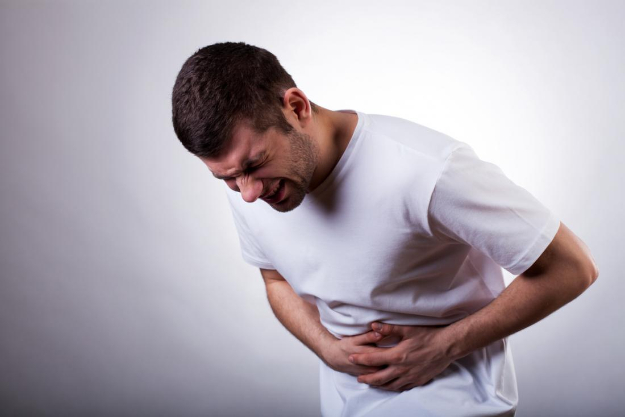The not-so-green side of green tea
Unfortunately, there is such a thing as 'too much' for everything good

The not-so-green side of green tea
Due to its popularity as an ideal beverage for weight loss, not to mention it being highly instagrammable, green tea is consumed copiously around the world. From organic to flavored, green tea enjoys the distinction of being a 'health elixir' of sorts - but is it all good?
We know that anything consumed in excess can be bad for you, and the same goes for green tea. As much as we hate to admit, there is such a thing as 'too much'. If you're an avid consumer of green tea, you might want to hit pause and reconsider your daily dose - here are some side effects of having 'too much' green tea, as compiled by Style Craze.

It can cause anemia and iron deficiency
According to Dr. Matam Vijay-Kumar, a Penn State assistant professor EGCG (epigallocatechin gallate) a catechin in green tea, binds with iron. This reduces EGCG efficiency as a potent antioxidant and also blocks iron absorption. This, of course, can lead to iron deficiency which in turn can lead to anemia.
Green tea during pregnancy - not so good
A number of studies show that excessive consumption of green tea while pregnant increases the risk of hypertension - more than 300 mg of caffeine puts you at risk.
Scientists have also confirmed that caffeine and tannins found in green tea can reduce folic acid levels in pregnant women - which means increased risk of birth defects, not to mention, folic acid also prevents miscarriages. It is, therefore, best to talk to your doctor before consuming green tea during pregnancy.

Putting your liver health at risk
Th EGCG has another toxic effect on your body. Making up 10% of green tea extract, higher concentrations of EGCG may cause mitochondrial toxicity, possibly leading to hepatotoxicity.
According to research, a lady with no history of prior liver damage or excessive alcohol use showed higher aminotransferase levels (a sign of liver damage) after consuming a weight loss pill containing green tea extract.
According to research, a lady with no history of prior liver damage or excessive alcohol use showed higher aminotransferase levels (a sign of liver damage) after consuming a weight loss pill containing green tea extract.
Caffeine toxicity can get really serious
Consuming more than 400 mg of caffeine per day may cause caffeine toxicity, characterized by headache, nausea, vomiting, chills, palpitations, and flushing.
Researchers at the Monmouth Medical Center, are also against the use of OTC caffeine pills (green tea pills). These supplements can contain higher doses of caffeine, increasing the risk of atrial fibrillation, and sometimes, even death.

Too much coffee - bad news for bones
According to The National Osteoporosis Foundation in US, excessive caffeine may prevent calcium absorption. Research shows that higher green tea intake reduces bone accumulation rate, increases fracture risk, and reduces bone mineral density. It may also cause bone loss in the elderly.
May trigger anxiety and insomnia
Lower doses or green tea are known to help with sleep and stress, however excessive consumption has been linked to just the opposite - insomnia and anxiety.
The caffeine present in green tea is a nervous system stimulant, more than 300 mg of per day of which may reduce sleep quality and cause insomnia, irritability, depression, anger, and anxiety.
If you're going to consume green tea, make sure you do so responsibly.
Have something to add to the story? Share it in the comments below



















COMMENTS
Comments are moderated and generally will be posted if they are on-topic and not abusive.
For more information, please see our Comments FAQ